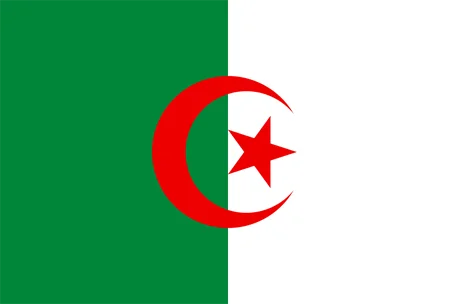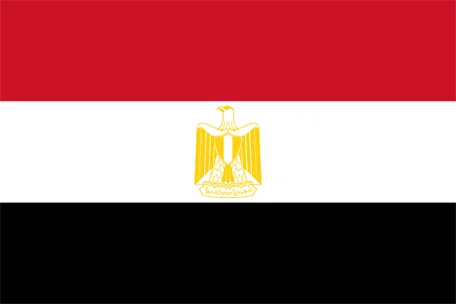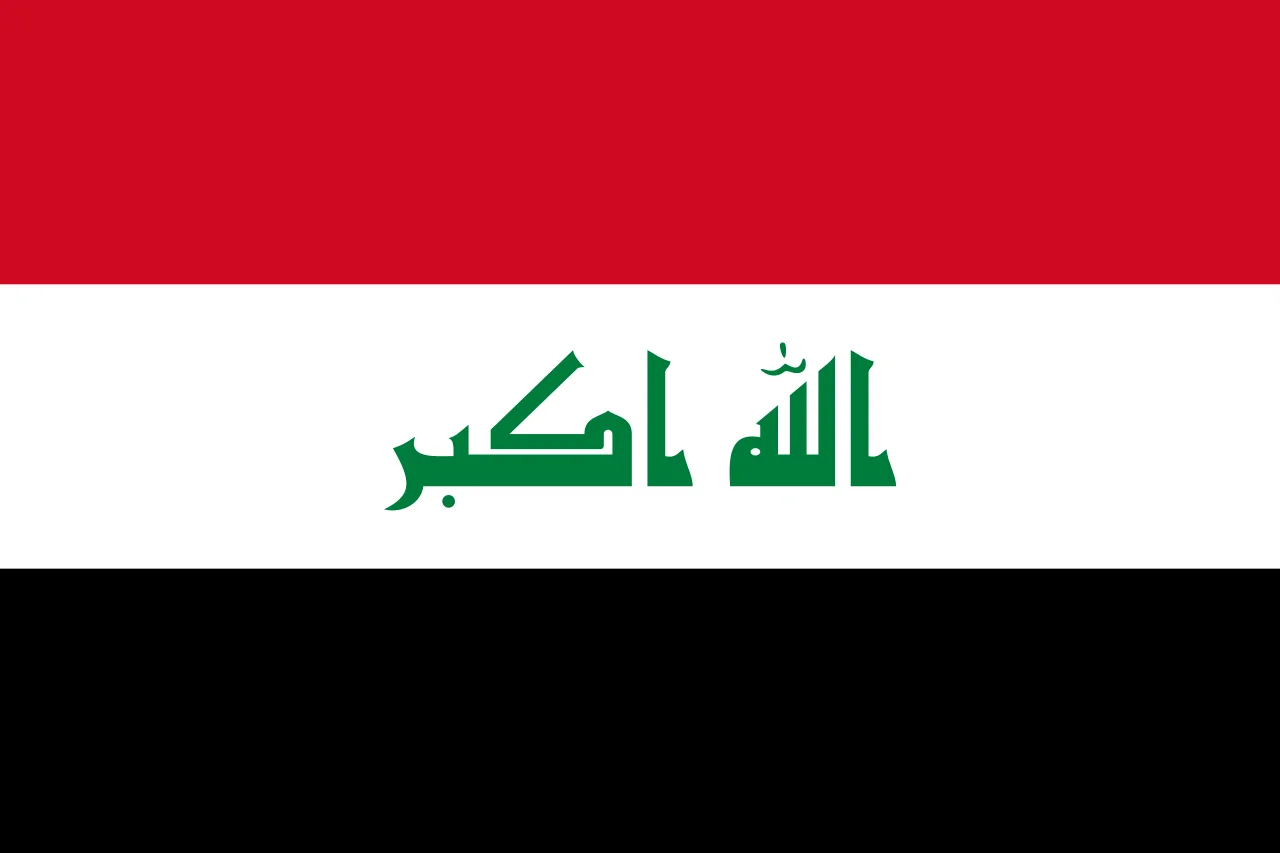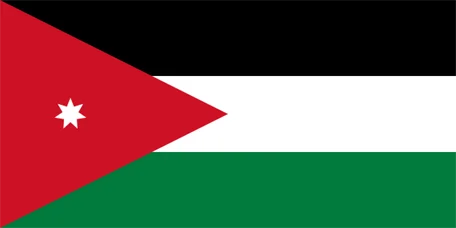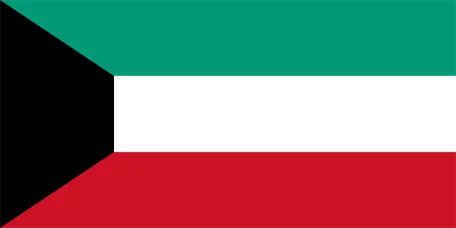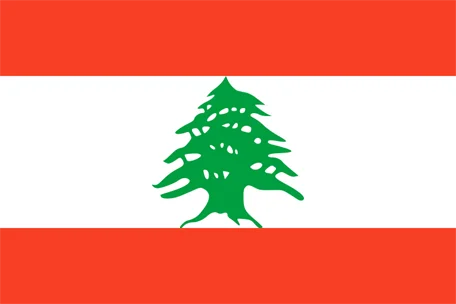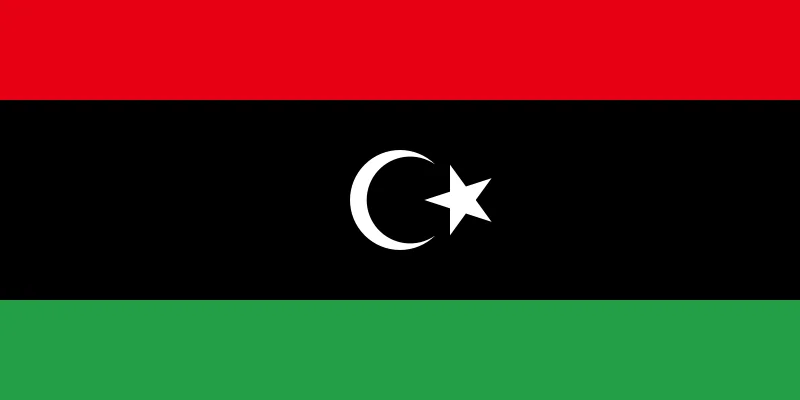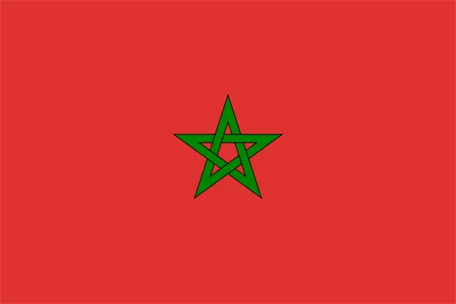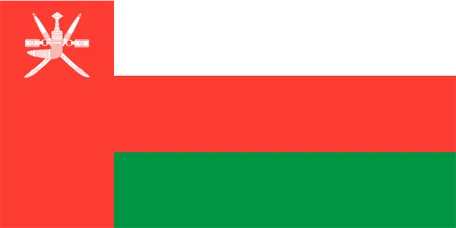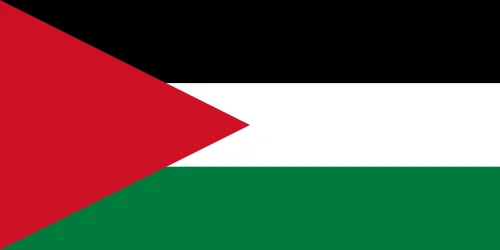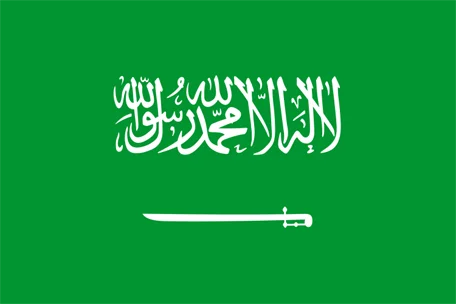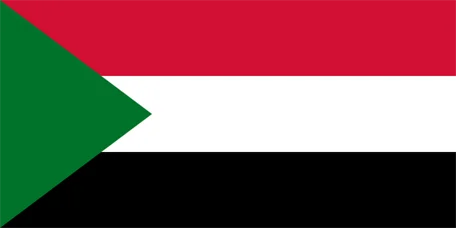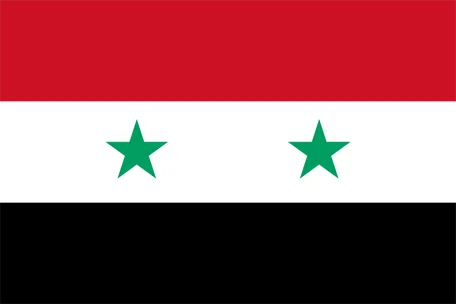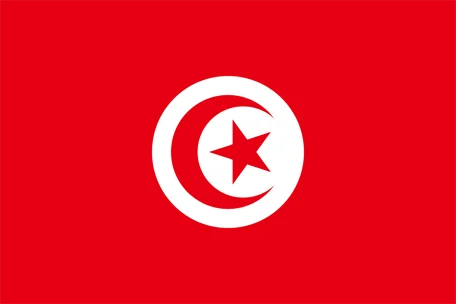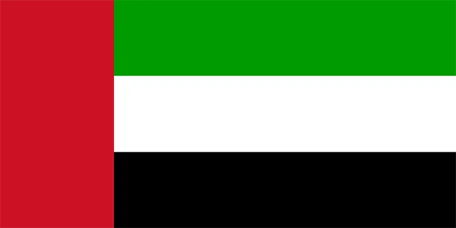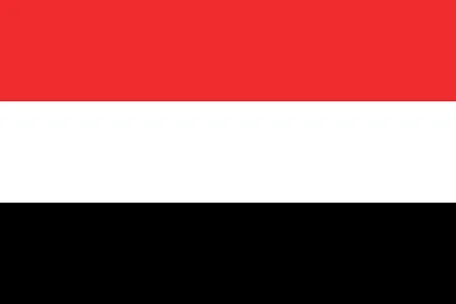Arabic speaking countries
Arabic, one of the world's major languages, holds great historical and cultural significance. Here are some interesting facts about the Arabic language:
Ancient Roots: Arabic belongs to the Semitic language family and has a rich history dating back over 1,500 years. It evolved from the language spoken by the Arab tribes of the Arabian Peninsula.
Quranic Language: Arabic is considered the language of the Quran, the holy book of Islam. It is the liturgical language of Muslims worldwide and is revered for its purity and eloquence.
Dialectal Variation: Arabic encompasses numerous dialects that vary significantly across different regions. Modern Standard Arabic (MSA) serves as the standardized form of the language, used in media, literature, and formal settings.
Diglossia: Arabic exhibits a linguistic phenomenon called diglossia, wherein MSA is used in formal contexts, while colloquial dialects are spoken in everyday interactions. This duality distinguishes the written and spoken forms of the language.
Influence and Spread: Arabic has greatly influenced other languages, particularly in areas of science, mathematics, and philosophy during the Islamic Golden Age. It also left traces in various European languages through Arabic loanwords.
Arabic Script: The Arabic script is written from right to left and consists of 28 letters. It is renowned for its elegant and intricate calligraphy, which holds artistic and cultural significance.
Numerals: The Arabic numeral system, which uses ten digits (0-9), is widely adopted around the world. This system's introduction facilitated advancements in mathematics and is now universally used in arithmetic.
Language of Diplomacy: Arabic is one of the official languages of the United Nations. It plays a significant role in international diplomacy, particularly in matters concerning the Middle East and North Africa.
Native and Non-Native Speakers: Arabic is the native language of more than 400 million people across 26 countries. Additionally, it is learned as a second language by millions of non-native speakers worldwide.
Preservation: Arabic's literary tradition has been well-preserved throughout history. Classical Arabic texts and poetry are highly regarded and continue to be studied and celebrated.
Arabic's linguistic diversity, historical importance, and cultural influence have solidified its position as a prominent language globally. It continues to evolve, adapt, and thrive, connecting millions of people and fostering cross-cultural understanding.
How many countries speak arabic?
There are 22 countries that speak arabic as their firts language. Although many other countries speak alot of arabic aswell: Israel and Somalia are two examples.
How many people speak arabic?
Around 290 - 300 million people speak arabic in the world.
